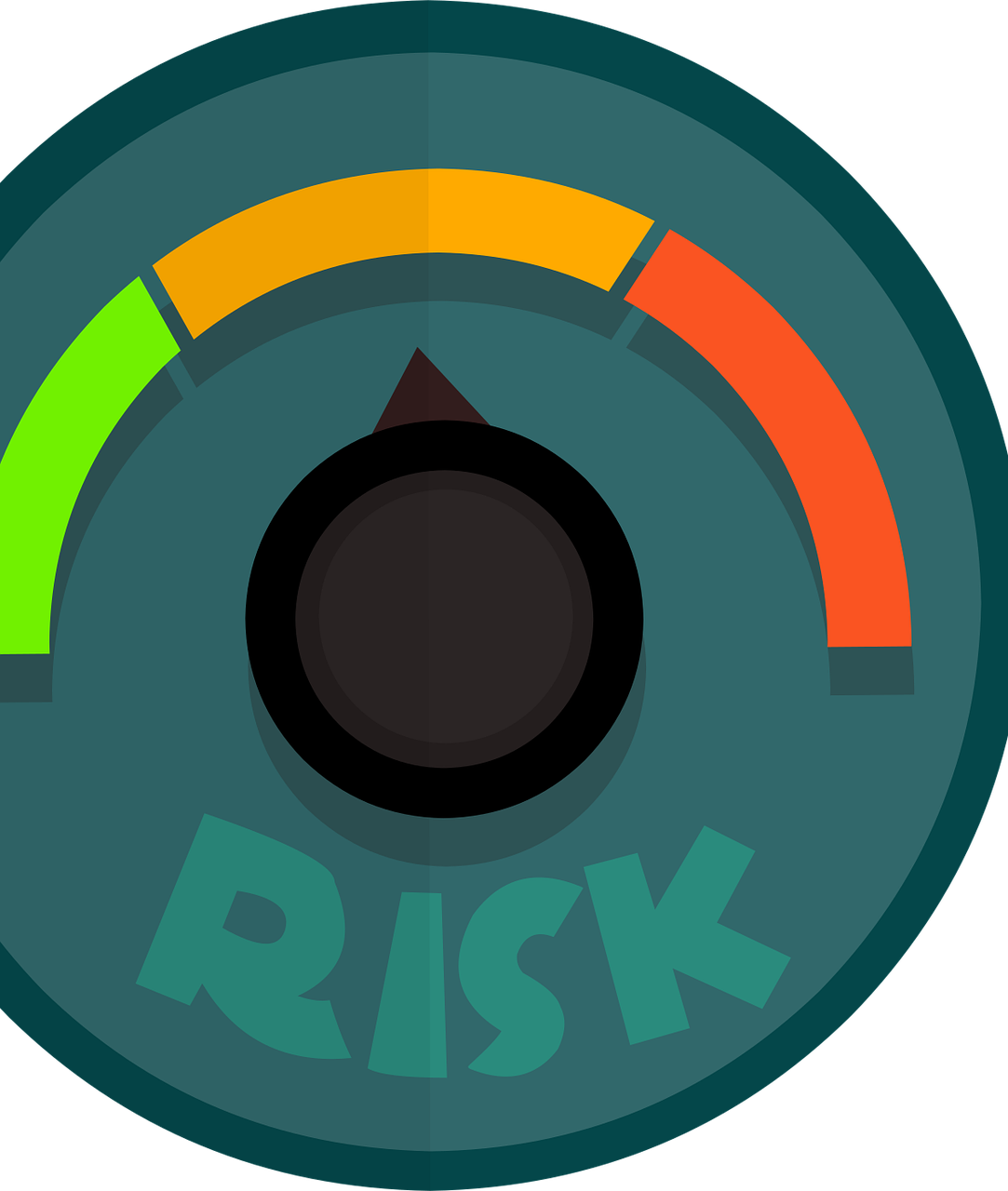In an era defined by expansive digital connectivity and increasing globalization, healthcare providers and professionals face the growing need to practice across state lines and international borders. Navigating licensing requirements in multiple jurisdictions is no longer a mere convenience but a necessity to meet patient expectations, sustain business growth, and embrace innovations like telehealth. The diversity of regulatory landscapes—with each state or country having its own set of protocols—makes this journey complex yet essential. From understanding the nuances of individual licensing boards to leveraging interstate compacts and technology-driven management systems, professionals must deploy strategic approaches to maintain compliance while maximizing operational efficiency. This article explores the multifaceted challenges of multi-state and multinational licensing, highlighting practical steps, effective credentialing, and resources like LegalZoom, Thomson Reuters, and Harbor Compliance to aid in mastering this evolving domain.
Understanding Multi-State and International Licensing Requirements: Key Challenges and Considerations
Successfully practicing across various states or countries hinges on grasping the intricacies of different licensing frameworks. Each jurisdiction enforces its own regulatory standards that can significantly affect eligibility, application, and maintenance of licenses. For example, in the United States, states like California and Texas have unique licensing boards, often requiring distinct exams, background checks, or continuing education credits. Internationally, countries differ even more substantially in regulatory expectations and legal frameworks.
The first major challenge is the regulatory variation between jurisdictions. To illustrate, a healthcare provider licensed in Florida might not automatically qualify to practice in New York without satisfying additional requirements such as passing state-specific exams or completing separate certification processes. In countries such as Canada or the European Union member states, providers encounter varying language requirements, professional standards, or cross-border recognition agreements.
Another important consideration is the frequency and complexity of license renewals. Different states and countries impose varied renewal periods and requisite documentation, sometimes involving proving ongoing professional development or submitting updated malpractice insurance information. Providers working across multiple areas must track these deadlines meticulously to avoid inadvertent lapses.
Challenges also arise with compliance management. Professionals and organizations must ensure they meet evolving regulatory changes, including adapting to new statutes or administrative procedures. Failure to comply with requirements can lead to significant penalties, denial of license renewals, or even suspension of practice rights.
Effective navigation demands detailed research and proactive planning. Utilizing expert services like Rocket Lawyer and LegalZoom can assist practitioners in deciphering and fulfilling these complex requirements. Corporations like CT Corporation and Corporation Service Company offer support with registered agent services and document filings, which can simplify ongoing compliance.
Below is an overview table illustrating licensing idiosyncrasies across select U.S. states and foreign countries:
| Jurisdiction | Key Licensing Authority | Renewal Cycle | Exam Requirements | Credentialing Complexity |
|---|---|---|---|---|
| California, USA | Medical Board of California | Every 2 years | State-specific clinical exam | High |
| Texas, USA | Texas Medical Board | Annually | National licensing exam plus jurisprudence | Moderate |
| Ontario, Canada | College of Physicians and Surgeons of Ontario | Every 3 years | Credential verification plus language proficiency | High |
| United Kingdom | General Medical Council (GMC) | Annual renewal | Educational credential checks and adaptation assessments | Moderate |
Understanding these differences helps providers tailor credentialing strategies, reduce redundancies, and anticipate resource allocations effectively. To delve deeper into detailed considerations of multistate medical licenses and credentialing, refer to comprehensive resources like Licenseful’s guide and Medical Licensure Group’s overview.

Strategies for Efficient Credentialing and Compliance Management in Multiple Jurisdictions
Credentialing stands as a vital pillar in maintaining legal and professional standing when operating in various regions. The process ensures healthcare providers meet the rigorous standards of education, ethics, experience, and licensure mandated by each jurisdiction. Moreover, robust credentialing helps minimize risks like malpractice claims or fraud, underpinning patient safety and trust.
An effective credentialing strategy involves several critical steps:
- Education Verification: Confirm that all degrees and certifications are valid and appropriately recognized by the target jurisdiction’s licensing board.
- Professional Experience Assessment: Document and validate work history to demonstrate relevant and current clinical expertise.
- Licensure Confirmation: Ensure all licenses are active and properly registered, including any interstate compacts like the Interstate Medical Licensure Compact (IMLC) which streamline multi-state access.
- Malpractice and Disciplinary Screening: Review any claims or disciplinary actions to identify risk factors.
- Background Checks: Fulfill legal mandates for criminal and professional history verification.
Centralized credentialing systems increasingly play a transformative role in these processes. Platforms such as those offered by Wolters Kluwer and Zivian Health allow organizations to store, track, and update provider credentials in one unified interface, significantly reducing administrative overhead and avoiding duplicate submissions. These technologies can integrate with practice management software, enabling seamless monitoring and compliance reporting.
Compliance audits further reinforce adherence to licensing norms. Conducting regular reviews reveals gaps or inconsistencies, providing opportunities to resolve issues proactively rather than reactively. Leveraging tools and services from providers such as Harbor Compliance and BizFilings can streamline audit preparation and documentation management.
The use of automated workflows and advanced analytics is also gaining momentum. Software can flag expiring credentials, run exception reports, and generate real-time compliance dashboards. Providers save time and reduce licensing errors through this data-driven approach.
Organizations seeking expert legal and administrative assistance often turn to companies like Thomson Reuters and Jurisdoc, whose specialized offerings support complex licensing scenarios with tailored solutions.
To guide organizations through this rigorous process, here’s a summarized checklist for managing multi-jurisdictional credentialing:
- Catalog all required licenses and expiration dates.
- Verify initial and ongoing education credentials.
- Perform malpractice background checks.
- Monitor changes in licensing regulations in all jurisdictions.
- Implement a centralized data management platform.
- Schedule regular compliance audits and staff training.
- Maintain clear communication between administrative teams and regulatory boards.
For more detailed strategic guidance, healthcare professionals can explore Kounsel’s comprehensive multi-state credentialing guide and Medwave’s state-specific credentialing updates.
Leveraging Interstate Compacts and International Agreements for Seamless Practice
One of the most innovative solutions to multi-jurisdictional licensing challenges is the use of interstate compacts and international agreements. These arrangements create shared frameworks allowing healthcare professionals to obtain multi-state or multinational licenses more efficiently by reducing redundant applications and harmonizing regulatory requirements.
In the United States, several well-established interstate compacts have streamlined healthcare licensing:
- Interstate Medical Licensure Compact (IMLC): Enables qualified physicians to expedite license issuance in participating member states, enhancing mobility for telemedicine and locum tenens providers.
- Nurse Licensure Compact (NLC): Allows registered nurses to practice in any member state with a single multistate license, facilitating rapid response and workforce flexibility.
- Physical Therapy Compact (PT Compact): Simplifies license portability for physical therapists across Compact states.
These compacts not only reduce administrative burdens but also increase access to care, particularly crucial in rural or underserved regions. By participating in these agreements, states broaden their provider networks and maintain regulatory integrity through shared standards.
Internationally, bilateral licensing recognition agreements and mutual recognition treaties work similarly to ease cross-border professional practice. For example:
- The European Professional Card (EPC) enables multiple health professionals to streamline licensing across EU member nations.
- Agreements between countries like the United States and Canada facilitate temporary or full license recognition under specified conditions.
However, international agreements still face greater complexity due to differences in languages, healthcare systems, and legal frameworks, requiring careful navigation.
Benefits of these compacts include:
- Administrative Efficiency: Reduced paperwork and faster licensing approvals.
- Improved Career Mobility: Easier relocation and practice expansion.
- Enhanced Patient Access: Broader availability of providers through telehealth and in-person services.
Providers interested in leveraging these agreements should consult resources like Telehealth.HHS.gov and Stafford Trial Team’s insights for up-to-date information and guidance.

Integrating Technology and Expert Services to Simplify Licensing Across Borders
As licensing in multiple states or countries involves substantial complexity, many professionals and institutions turn to technology and specialized service providers to ease this burden. Comprehensive digital platforms and expert legal-administrative firms have emerged as indispensable allies.
Licensing management software by companies like Zivian Health and Wolters Kluwer offers innovative solutions that consolidate license tracking, renewal notifications, and audit documentation into user-friendly dashboards. This helps prevent missed deadlines and regulatory infractions.
Additionally, service providers such as Corporation Service Company, Harbor Compliance, and BizFilings specialize in handling compliance filings, registered agent services, and document management, especially valuable for organizations operating in unfamiliar jurisdictions. Their expertise supports continual regulatory adherence and reduces the risks associated with complex licensing procedures.
Legal service platforms like LegalZoom and Rocket Lawyer supplement this with legal document preparation and consultation options tailored to licensing and corporate formation needs, ensuring practitioners meet all administrative prerequisites efficiently.
Embracing these solutions can yield notable benefits:
- Streamlined Operations: Automation minimizes manual errors and reduces workload.
- Real-Time Compliance Monitoring: Alerts and analytics enable swift reaction to regulatory changes.
- Cost Savings: Outsourcing routine compliance tasks lowers in-house administrative expenditures.
- Enhanced Scalability: Tools and services grow with practice expansion across states or countries.
Below is a comparison of key service providers and technology solutions to assist with multi-jurisdictional licensing:
| Service/Platform | Core Offerings | Best For | Website |
|---|---|---|---|
| Zivian Health | Centralized credentialing, license tracking, workforce visibility | Healthcare providers and organizations | zivianhealth.com |
| Wolters Kluwer | Legal and compliance software, regulatory updates | Legal firms, healthcare compliance teams | wolterskluwer.com |
| LegalZoom | Legal document preparation, registration services | Individual professionals and small enterprises | legalzoom.com |
| Harbor Compliance | Compliance management, registered agent services | Multi-state businesses and healthcare organizations | harborcompliance.com |
| Rocket Lawyer | Legal advice, contract templates, document review | Professionals seeking ongoing legal support | rocketlawyer.com |
Healthcare providers looking for comprehensive management and operational guidance may consider joining programs like ProMed Preferred which specialize in navigating multi-state practice challenges with hands-on support.
Best Practices and Proactive Steps for Managing Licensing in Multiple States and Countries
Successfully navigating licensing requirements across multiple jurisdictions involves strategic preparation and continuous adaptation. Certain best practices empower healthcare providers and organizations to stay compliant, optimize operations, and expand their geographical reach seamlessly.
Stay Current with Licensing Changes: Laws and regulations evolve constantly. Regularly checking updates from licensing boards and subscribing to newsletters or professional groups ensures providers do not miss critical changes that impact licensure.
Develop Comprehensive Checklists: Maintaining detailed, up-to-date checklists for each jurisdiction helps track requirements from initial licensing steps through renewals, education credits, and malpractice insurance documentation.
Engage Networking and Professional Associations: Membership in relevant groups provides access to collective knowledge, policy advocacy, and shared resources that simplify multi-state or international practice complexities.
Consolidate Credential Management: Using centralized systems to manage licenses, certifications, and training records streamlines administrative workflows and reduces risk of errors.
Here’s a practical list of proactive actions:
- Establish clear internal communication channels for licensing status updates.
- Regularly schedule audits and compliance training for staff.
- Use technology to automate renewal reminders and document submissions.
- Consult regularly with legal and licensing experts to adapt to policy changes.
Organizations that incorporate these practices position themselves for smoother licensing journeys and improved service delivery to patients across borders. For expansive insight into multi-state licensing challenges and solutions, consult extensive resources such as Headway’s counseling licensing guide and MedicalLicensing.com’s physician multi-state mastery article.

Comparaison interactive des outils de gestion de licences
| Fonctionnalité | LegalZoom | Rocket Lawyer | Thomson Reuters | Dun & Bradstreet | CT Corporation |
|---|


